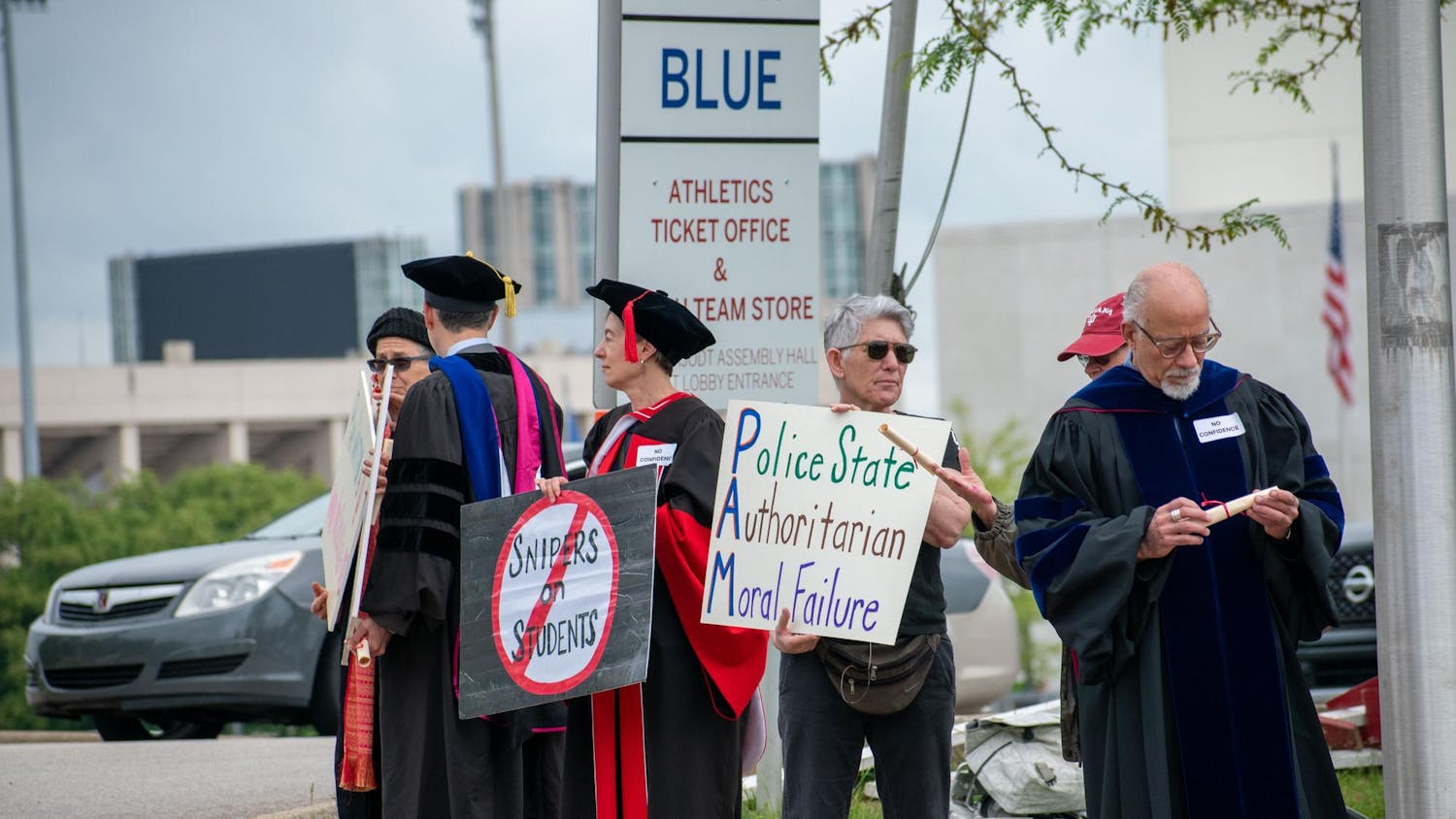The midterm elections are just around the corner, and with the Republican Party trying to regain seats in the U.S. Senate, the future of Congress rests with people in states such as Indiana, where the incumbent, Sen. Evan Bayh, D-Ind., is not running for re-election.
Bayh announced on Feb. 15 he would not run in the election for his seat, a position he has had since 1999.
There is some speculation that he may run for governor in 2012.
Instead, the candidates for the soon-to-be-vacant seat are Republican Dan Coats and Democrat Brad Ellsworth.
Coats is a former Senator from Indiana who, since leaving public office in 1999, has worked for various lobbying companies in Washington, D.C.
Ellsworth is currently a member of the U.S. House of Representatives, representing Indiana’s 8th District.
With a little more than a month remaining until Election Day, most recent polls released by the polling company, Rasmussen Reports, have reported Coats to have a lead of about 16 points.
Nevertheless, both campaigns are treating the election as being much closer.
“He is running the campaign as though he’s behind,” said Pete Seat, Coats’ campaign communications director.
In 2008, Indiana’s votes for the presidency went to Democratic candidate Barack Obama. A Republican frontrunner for a major national position is a distinct shift from the election two years ago.
But a Republican leading the Senate race in Indiana is to be expected, said James Madison, an IU Department of History professor.
In fact, he said, Indiana hasn’t really been a bipartisan state since the early 20th century.
Not only does Indiana’s history hint that the population generally leans toward the conservative side of the spectrum, but there also could be other factors at play.
“When you have a unified government during the midterm elections, you get what’s known as a midterm penalty,” said Yanna Krupnikov, an assistant professor in the IU Department of Political Science. “Voters push back on the party in power.”
Despite these trends, the Ellsworth campaign remains optimistic.
“The only poll that really matters is election day,” said Ellsworth’s campaign Communications Director Elizabeth Farrar.
Farrar also noted that some consider the Rasmussen polling method to be inaccurate, stating their campaign is assuming the real results are much closer.
Some, however, are claiming that the final outcome of the Senate election is, in a
way, irrelevant.
Bayh has frequently voted more conservatively than the majority of the Democratic Party, based on statistical analysis from the website, govtrack.us.
Govtrack is an independent and non-partisan website that was released in 2004.
Ellsworth is a member of the Blue Dog Coalition, a group of moderate and conservative Democrats in the U.S. House of Representatives, and he could be considered even more conservative than Bayh, according to Govtrack.
So, the question becomes: Does this election matter if both Coats and Ellsworth are going to vote conservative?
Political Science professor Gerald Wright said the election still matters because though Bayh and Ellsworth are more conservative than most Democrats, Coats will be more conservative than both of them.
There’s also something to be said for the value of numbers, even if majority doesn’t bring votes.
“Maybe Ellsworth wouldn’t go with the Democrats every time,” Krupnikov said. “On the other hand, it’s important who controls the Senate. Having a majority matters to the Democrats.”
The tendency of voters to lash out against strong, single-party control of government, especially during times of economic uncertainty, will very likely mean a gradual shift away from the Democratic majority in the U.S. Senate.
“The point I’d make is that the Democrats will lose a lot of seats, but that doesn’t mean they’re doing a bad job,” Wright said. “It’s a natural reaction to previous wins and fluctuations in the economy more than a rejection by the average voter of the president’s policy.”
Experts say history may repeat itself in U.S. Senate race

Get stories like this in your inbox
Subscribe





